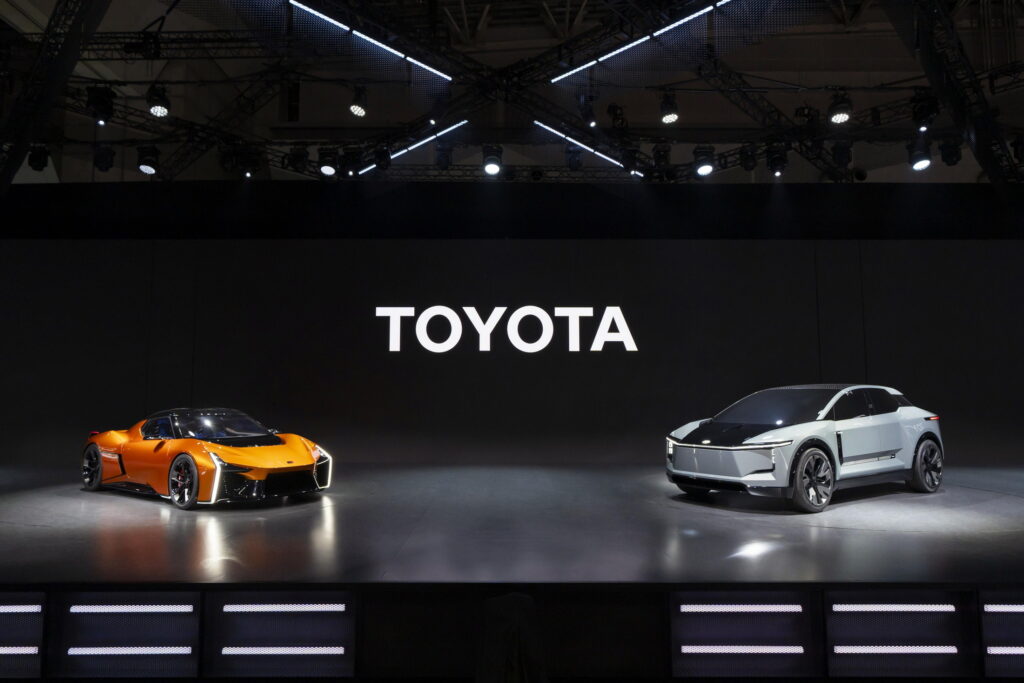Making EVs is expensive, so Toyota and two of its subsidiaries are looking to sell off some assets to pay for it
Toyota and two of its affiliates are looking to free up cash and will, therefore, sell about 700 billion yen (US$4.7 billion at current exchange rates) in shares of automotive parts supplier Denso. Despite the trade, the automaker is expected to remain the firm’s largest stakeholder.
In total, the sale would amount to approximately 10 percent of Denso, with roughly half expected to come from Toyota. Meanwhile, its subsidiaries, Toyota Industries (which manufactures forklifts) and Aisin (which supplies engines and other components), will sell the remaining shares.
At the same time, Denso plans to repurchase some of the shares that are sold as part of this move to prevent its stock price from dipping too low, as reported by Reuters. However, its shares have already fallen by 4.9 percent following the initial reports of the trade.

As of September, Toyota held a 24.2 percent stake in Denso. Consequently, even after this trade is completed, selling roughly five percent of the supplier’s shares, Toyota will remain the largest shareholder in the company.
If approved, this action would represent Japan’s second-largest share offering this year (trailing only a sale of Japan Post Bank shares) and the automotive industry’s most significant transaction in over a decade.
As these actions have not been officially announced, Toyota has yet to publicly disclose its rationale. Nonetheless, the company is increasing its electric vehicle production, a capital-intensive endeavor due to the research and development and production changeovers necessitated by this advanced technology.
The automaker is working deploy new gigapresses in its factories, and to develop longer-range EVs with exotic technology, like solid-state batteries, to take on the likes of Tesla. All the while, it plans to continue producing hybrid and hydrogen vehicles for the foreseeable future.





